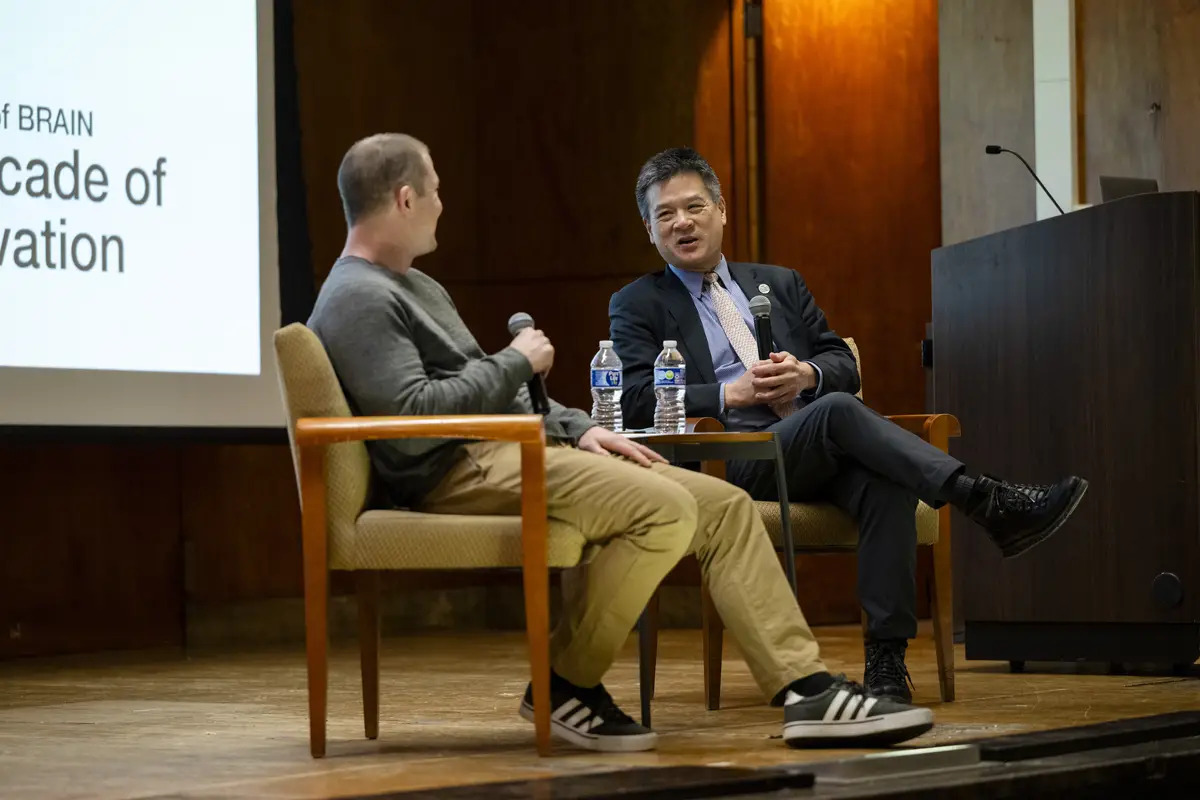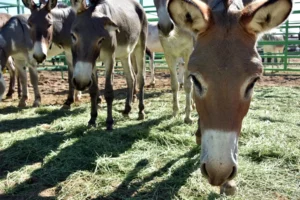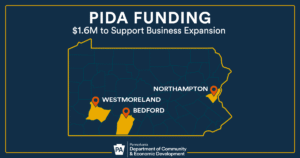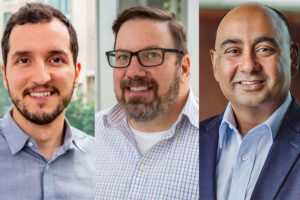Exploring Cutting-Edge Neurotechnology: NIH BRAIN Initiative Director Visits Pittsburgh Universities
As advancements in neurotechnology accelerate, John Ngai, director of the National Institutes of Health’s BRAIN Initiative, recently visited Pittsburgh to witness pioneering research first-hand. His November 21-22 visit included tours and presentations at Carnegie Mellon University (CMU) and the University of Pittsburgh, facilitated by the Center for the Neural Basis of Cognition (CNBC), a collaborative effort between the two institutions.
During the visit, Ngai, accompanied by Congressional staff and university leaders, toured the Rehab Neural Engineering Labs (RNEL) at the University of Pittsburgh. This state-of-the-art facility focuses on enhancing life quality for individuals with neurological challenges. The presentations, featuring faculty and students from both universities, highlighted breakthroughs in brain-computer interfaces, spinal cord and deep-brain stimulation, and noninvasive brain activity measurement technologies.
Matthew Smith, co-director of the CNBC and a professor at CMU’s Department of Biomedical Engineering, commented on the potential impact of these innovations. “Dr. Ngai got to see work that is poised to make a huge difference to patients with epilepsy, tremors, limb amputations, Parkinson’s disease, communication impairments, and spinal cord injuries,” he stated. The promise of these technologies underscores the importance of ongoing research and collaboration in neuroscience.
Ngai’s visit also included a public talk introduced by CMU’s Alison Barth, who reflected on her early learning experiences under Ngai’s mentorship. Ngai emphasized the value of mentorship in scientific careers, saying, “My role as a mentor is to help the mentee find a path to make their ideas a reality, to invest resources into the people doing the work.”
Offering guidance to aspiring scientists, Ngai remarked on the transformative nature of current scientific tools. “Twenty years ago, people debated whether we should sequence a genome. Now we have so many tools as a result. It’s a great time for neuroscience today. How you want to pursue your passion depends — it’s just a matter of what’s going to get you up in the morning and make you succeed,” he said, highlighting the exciting potential for future breakthroughs in the field.
Read More Here












